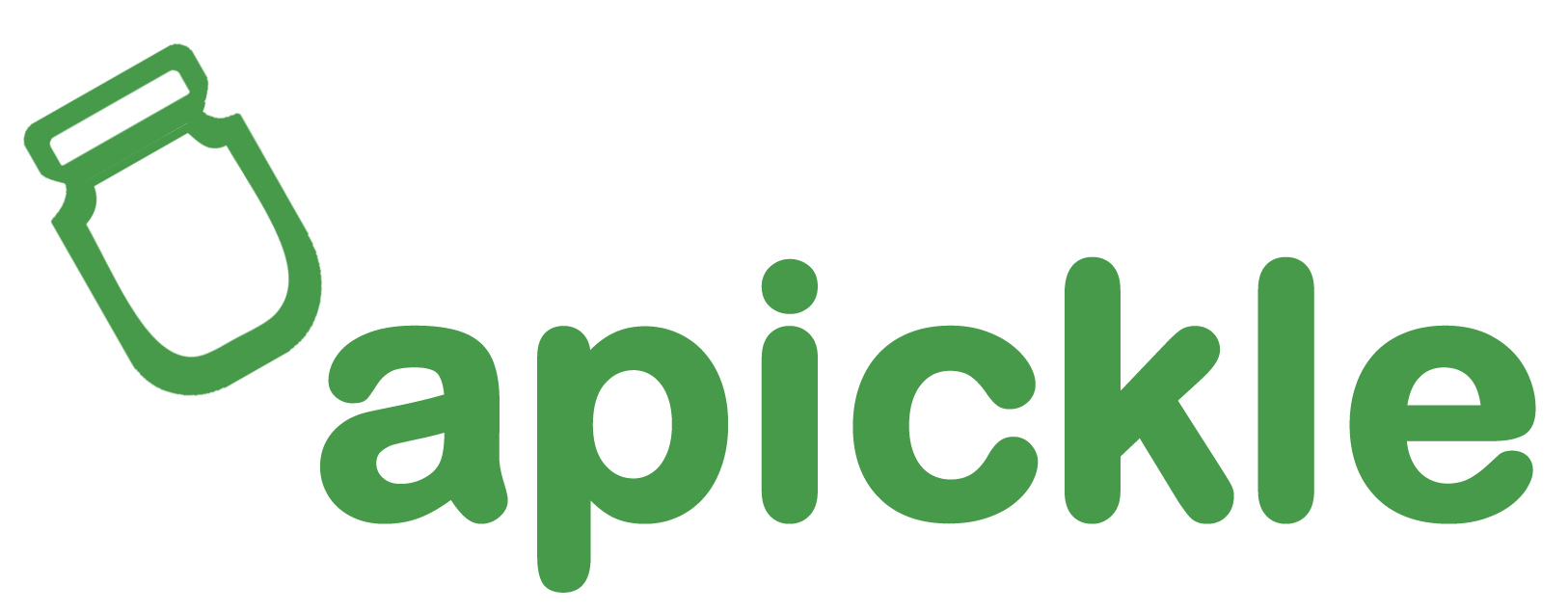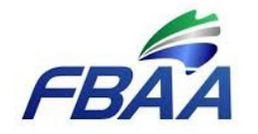As a company director, you carry significant responsibilities, including ensuring your company meets its tax obligations. Failing to do so can result in receiving a Director Penalty Notice (DPN), which can make you personally liable for your company’s unpaid tax debts. In this article, we’ll cover key steps you can take to avoid receiving a DPN and how to protect yourself from personal liability.
When the ATO Can Issue a DPN
The Australian Taxation Office (ATO) can issue a Director Penalty Notice (DPN) when a company fails to meet its tax obligations. A DPN is a formal notice that holds directors personally responsible for unpaid taxes. Once issued, directors are at risk of personal liability, which can lead to serious financial consequences. To avoid this, it’s essential to understand the common scenarios in which the ATO may issue a DPN:
- Unpaid Pay As You Go Withholding (PAYGW) Taxes: PAYGW is an important part of the tax system that requires businesses to withhold tax from payments made to employees. If the company fails to report and pay these amounts on time, the ATO can issue a DPN, making directors personally liable for the unpaid tax.
- Unpaid Superannuation Guarantee Charge (SGC): Directors are responsible for ensuring superannuation contributions for employees are made by the required deadlines. If these contributions remain unpaid, a DPN can be issued, holding directors personally liable for the outstanding amounts.
- Unpaid Goods and Services Tax (GST): Companies are required to report and pay GST on the goods and services they provide. Unpaid or unreported GST liabilities can trigger a DPN from the ATO, further increasing the risk for directors.
The ATO uses DPNs as a powerful tool to enforce compliance, and once issued, directors must act quickly to avoid personal liability. It’s crucial to take proactive steps before the situation escalates.
What to Do as a Director to Avoid a DPN
Directors have a legal responsibility to ensure their company meets its tax obligations. To avoid receiving a director penalty notice, follow these best practices:
- Ensure Timely Tax Payments:
Regularly review your company’s tax obligations, including PAYGW, GST, and superannuation, to ensure they are reported and paid on time. Staying on top of these payments is key to avoiding a DPN. - Monitor Cash Flow Closely:
A healthy cash flow is critical for meeting your company’s tax liabilities. Create a system to monitor cash flow regularly, ensuring that there is sufficient liquidity to cover your tax payments when due. - Keep Accurate Records:
Maintaining up-to-date and accurate financial records is essential for tracking your company’s tax obligations. Accurate records will help you remain compliant with ATO regulations and allow you to address any potential issues before they result in a DPN. - Seek Professional Advice:
If you are unsure about your company’s financial status or tax liabilities, consulting a financial advisor is highly recommended. An expert can provide valuable insights into your tax responsibilities and help you stay compliant, preventing the risk of a DPN being issued.
What to Do Before Starting a Director Position
Before accepting a directorship, there are several crucial steps you should take to protect yourself from personal liability and avoid receiving a DPN:
- Conduct a Financial Review:
Before taking on the role of director, assess the company’s financial health. Identify any unpaid tax liabilities that may make you personally liable, such as unpaid PAYGW, GST, or superannuation debts. Discuss these with the current directors and ensure that any unresolved issues are being addressed. - Understand the Liability Timeline:
As a new director, you have 30 days from the date of your appointment to rectify any outstanding tax obligations to avoid being personally liable for pre-existing debts. Acting within this 30-day window is crucial to reducing your exposure to a DPN. - Ensure Compliance:
From the start of your tenure as a director, implement strong financial management practices to ensure that future tax obligations are met on time. By establishing effective systems, you can protect both the company and yourself from potential penalties.
What If You Are No Longer a Director?
Resigning as a director does not automatically absolve you from liability. If a tax debt was incurred while you were a director, you could still be held personally liable under a DPN, even after your resignation. It’s important to address any outstanding obligations before stepping down or ensure the company is in a stable financial position.
As a director, personal liability can be a significant risk if your company fails to meet its tax obligations. By taking proactive measures—such as ensuring timely payments, conducting financial reviews before taking on a director role, and staying compliant with ATO regulations—you can avoid receiving a Director Penalty Notice (DPN) and protect your personal assets.
We’re Here to Help
At apickle, we understand the challenges directors face when dealing with Director Penalty Notices (DPNs) and tax debts. Whether you’re looking for guidance on understanding DPNs, exploring tax debt resolutions, or need help with debt restructuring, we’re here to provide tailored solutions that protect you and your business.
- Learn more about DPNs in our Practical Guide
- Discover our Tax Debt Resolutions for managing your obligations
- Explore our Debt Restructuring services to regain financial control
Contact us today for expert advice and support.



